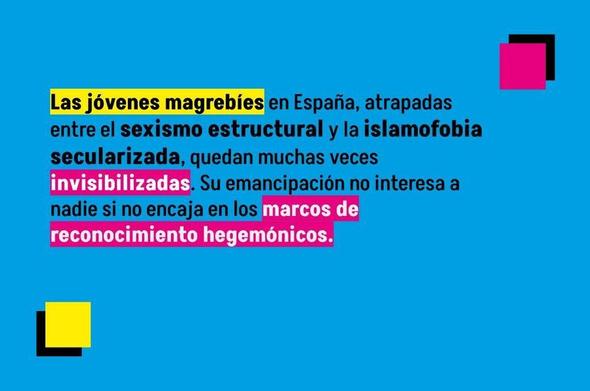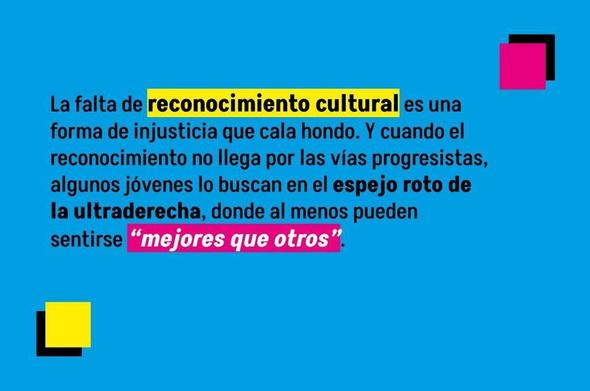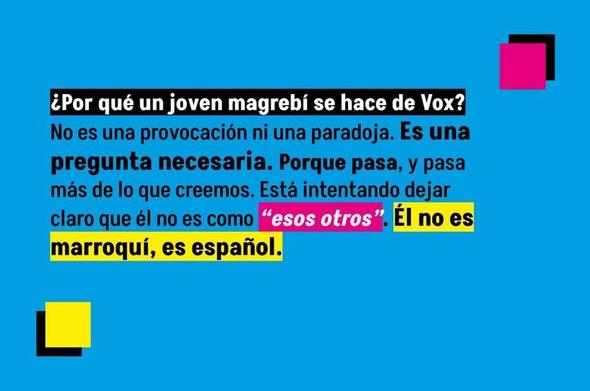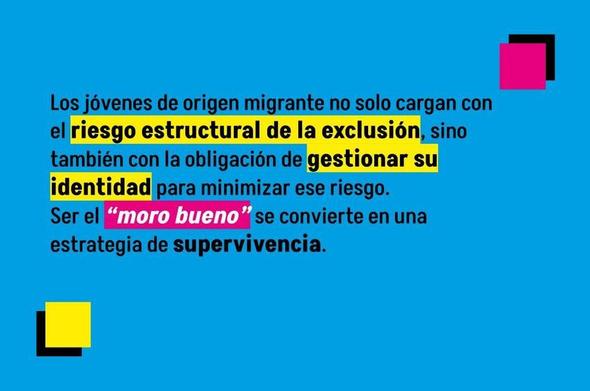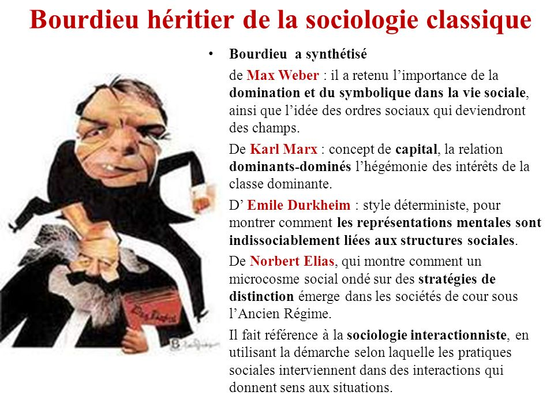At some point you had to pick a direction and start swimming: the philosophical anthropology of commitment
I’m slightly haunted by this passage from Lee Cole’s Fulfilment, pg 181-182:
“Love at first sight” made for a good story, but it hadn’t felt that way, not if she was honest with herself. It had felt more like “safety at first sight.” Her father had told her a story once about a time he’d nearly drowned. He’d been swimming in the ocean when the tide came in and he’d lost sight of the shore. For a long time, he treaded water, panic rising, knowing that if he swam in the wrong direction, he would be doomed. Completely disoriented, he decided to pick a point in the distance and start swimming. Soon the thin white line of the beach appeared, the long seagrasses swept back by the wind. Panting, on his hands and knees, he had kissed the sand. This story of her father’s was the closest she came to an explanation. The decade of her twenties had been a blur of intoxication and boredom, of sex with people who cared nothing about her, and about whom she cared even less. She’d been treading water for a long time when she found herself at Beaver’s Tavern on the night in question. At some point, you had to pick a direction and start swimming, and this is what she had done.
There’s also an intellectual challenge in this to a philosophical anthropology of concerns and commitments. This captures in narrative form why I feel the need to stage a dialogue between Lacanian psychoanalysis and the realist approach to reflexivity. What the lofty vocabulary of ‘concerns’ and ‘commitments’ fails to recognise is that sometimes people just choose, rather than reflect on what matters to them and what is worthy of their commitment. Those choices then supply their own narrative which can systematically obscure the actual genesis of the commitment which feels solid and meaningful.
In a sense Bourduesian sociology gets this in a way which the realist approach to reflexivity doesn’t but it oversocialises it by incorporating into habitus. Whereas a Lacan approach would I think take the moment of choice here seriously, albeit with the caveat that it’s within a psychic machinery that leaves the person with no choice but to choose i.e. the object of choice is so compelling in that moment, the possession of which would seem to so obviously solve all the problems, that they must of course ‘start swimming’.
To simply ascribe this to habitus misses the psychic texture of the experience, the contingent working out of anxiety, loss and desire in how someone chooses the direction in which they begin to swim. It turns crisis into continuity and fails to recognise the real sense that one must swim or one will drown, at least in that moment.
My point here is not to reject the grammar of commitment but rather to make it psychoanalytically robust. It’s important and shouldn’t be surrendered but I increasingly think it’s (wilfully?) ignorant of a large dimension of human experience.
https://soundcloud.com/frxgxd/philosophy-of-happiness-and-well-being
#archer #bourdieu #commitment #concern #habitus #Lacan #LeeCole #psychoanalysis #sayer #taylor

